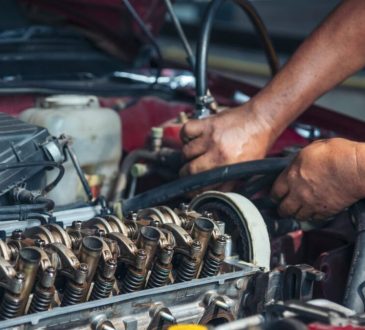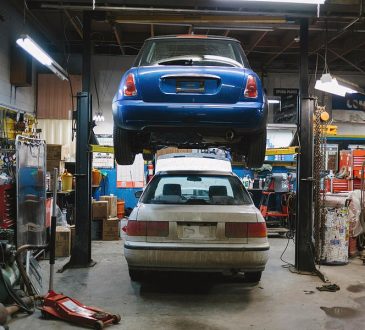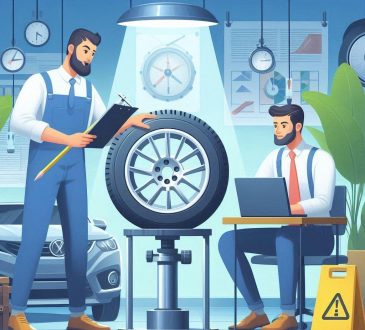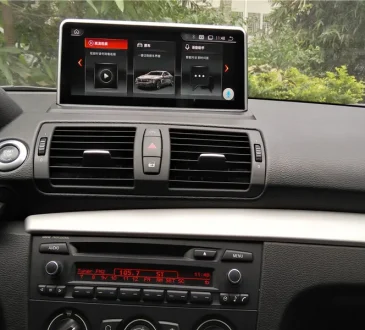
Overheating in cars is a frequent problem that, if left unchecked, can cause serious engine damage. Maintaining the health and lifespan of your car can be accomplished by being aware of the primary causes of overheating and understanding how to avoid it. The top five reasons why cars overheat are listed here, along with advice on how to prevent them.
Low Coolant Levels
Low coolant levels cause car overheating. Engine temperature is controlled via coolant heat absorption and radiator dissipation. Insufficient coolant can cause engine overheating. Check and top out your coolant regularly. Use the proper coolant for your car to avoid compatibility issues.
Faulty Radiator
Your automobile may overheat due to a malfunctioning radiator as well. In order to keep the engine cool, the radiator’s function is to transmit heat from the coolant to the outside air. The engine will overheat if the radiator is unable to do its job effectively due to blockages, leaks, or damage to its fins. Such problems can be avoided with routine radiator maintenance and inspections. Seeking Auto Repair in Menomonee Falls, WI can offer expert analysis and repair if you are overheating and think there may be a radiator issue. This will guarantee your radiator is operating properly.
Water Pump Malfunctioning
For the coolant to circulate through the engine and radiator, the water pump is needed. Overheating might result from a broken water pump that blocks coolant flow. Engine overheating, odd noises, and coolant leaks indicate water pump failure. Maintain your car and replace the water pump according to the manufacturer’s instructions to avoid failure.
Malfunctioning Thermostat
The thermostat regulates engine-radiator coolant flow. When the thermostat is jammed closed, the engine overheats because coolant cannot reach the radiator. If jammed open, the engine may take longer to warm up. To avoid overheating, maintain and replace your thermostat. If your engine temperature indicator behaves strangely, examine the thermostat.
Cooling System Leaks
Leaks reduce cooling system effectiveness and cause overheating. Leaks occur in the water pump, head gasket, radiator, and hoses. Puddles under the car or a nice engine bay odor indicate coolant leaks. Controlling overheating requires frequent cooling system leak checks and fast repairs. A cooling system pressure tester can detect small leaks that could create major problems if neglected.
Prevention Tips
Preventing car overheating requires regular maintenance and repairs. Check coolant levels and water pump and radiator operation regularly. Check for cooling system leaks and replace the thermostat. Maintaining these measures can avoid engine damage and overheating.
Conclusion
You can maintain the optimal operation of your automobile and save expensive repairs by being aware of the typical causes of car overheating and taking preventative action. Seek professional assistance to identify and effectively address any recurring overheating issues.




